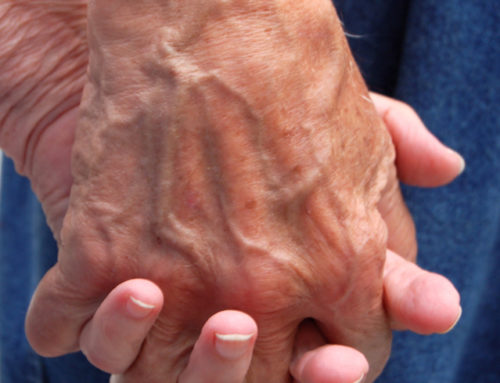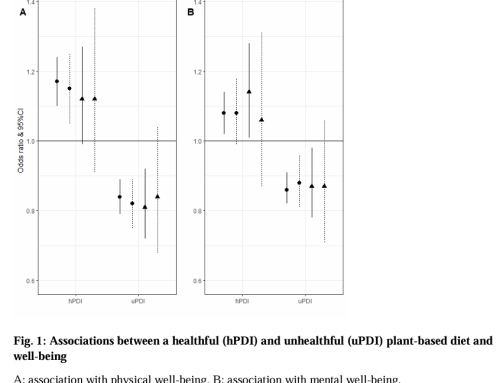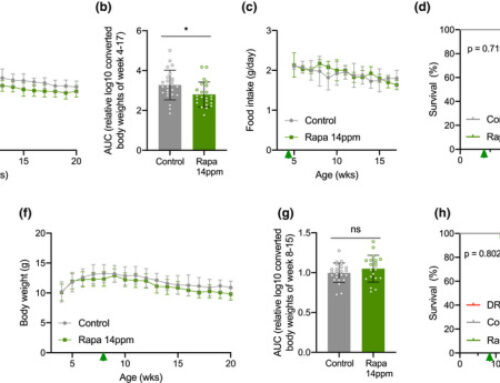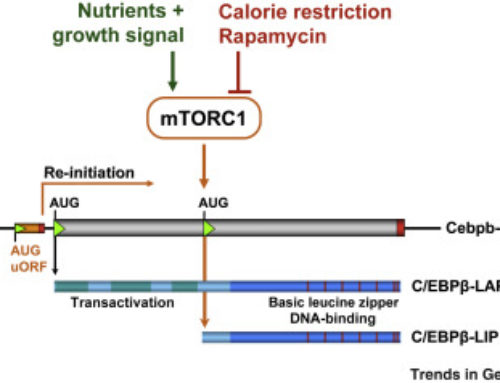Clinical Nutrition | September 2016 |
Abstract:
BACKGROUND: Studying the muscle protein synthetic response to food intake in elderly is important, as it aids the development of interventions to combat sarcopenia. Although sarcopenic elderly are the target group for many of these nutritional interventions, no studies have assessed basal or post-prandial muscle protein synthesis rates in this population.OBJECTIVE: To assess the basal and post-prandial muscle protein synthesis rates between healthy and sarcopenic older men.DESIGN: A total of 15 healthy (69 ± 1 y) and 15 sarcopenic (81 ± 1 y) older men ingested a leucine-enriched whey protein nutritional supplement containing 21 g of protein, 9 g of carbohydrate, and 3 g of fat. Stable isotope methodology combined with frequent collection of blood and muscle samples was applied to assess basal and post-prandial muscle protein fractional synthetic rates. Handgrip strength, muscle mass, and gait speed were assessed to identify sarcopenia, according to international criteria.
RESULTS: Basal mixed muscle protein fractional synthetic rates (FSR) averaged 0.040 ± 0.005 and 0.032 ± 0.003%/h (mean ± SEM) in the sarcopenic and healthy group, respectively (P = 0.14). Following protein ingestion, FSR increased significantly to 0.055 ± 0.004 and 0.053 ± 0.004%/h in the post-prandial period in the sarcopenic (P = 0.003) and healthy groups (P < 0.001), respectively, with no differences between groups (P = 0.45). Furthermore, no differences were observed between groups in muscle protein synthesis rates during the early (0.058 ± 0.007 vs 0.060 ± 0.008%/h, sarcopenic vs healthy, respectively) and late (0.052 ± 0.004 vs 0.048 ± 0.003%/h) stages of the post-prandial period (P = 0.93 and P = 0.34, respectively).CONCLUSIONS: Basal muscle protein synthesis rates are not lower in sarcopenic older men compared to healthy older men. The ingestion of 21 g of a leucine-enriched whey protein effectively increases muscle protein synthesis rates in both sarcopenic and healthy older men.
Auteurs: Kramer IF1, Verdijk LB2, Hamer HM2, Verlaan S3, Luiking YC3, Kouw IW2, Senden JM2, van Kranenburg J2, Gijsen AP2, Bierau J4, Poeze M5, van Loon LJ2.
Affiliates: 1NUTRIM School of Nutrition and Translational Research in Metabolism, Maastricht University Medical Centre+, Maastricht, The Netherlands; Department of Surgery, Division of Trauma Surgery, Maastricht University Medical Centre+, Maastricht, The Netherlands. 2NUTRIM School of Nutrition and Translational Research in Metabolism, Maastricht University Medical Centre+, Maastricht, The Netherlands. 3Nutricia Research, Nutricia Advanced Medical Nutrition, Utrecht, The Netherlands. 4Laboratory of Biochemical Genetics, Department of Clinical Genetics, Maastricht University Medical Centre+, Maastricht, The Netherlands.5Department of Surgery, Division of Trauma Surgery, Maastricht University Medical Centre+, Maastricht, The Netherlands.
Link to whole article







